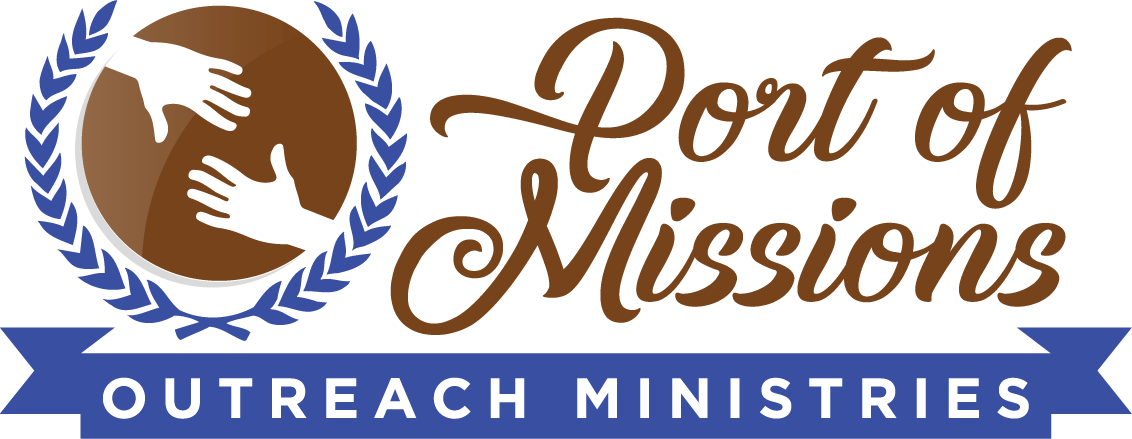There is a lot of confusion about what it means to be homeless. People often think that all homeless people are living on the streets, and this is simply not true. Homelessness can mean many different things, and there are different types of homelessness. As of January 2020, Wisconsin had an estimated 4,515 experiencing homelessness on any given day, as reported by Continuums of Care to the U.S. Department of Housing and Urban Development (HUD). Of that Total, 558 were family households, 337 were Veterans, 193 were unaccompanied young adults (aged 18-24), and 611 were individuals experiencing chronic homelessness. In this blog post, we will discuss the definition of homelessness and the different types of homelessness. We will also talk about what it means to be chronically homeless, and why this is such a serious issue.
How many types of homelessness do you think there are?
1
2
3
4
The first thing to understand is that the definition of homelessness can vary from country to country. In the United States, the Department of Housing and Urban Development (HUD) defines a homeless person as someone who “lacks a fixed, regular, and adequate nighttime residence.” The term to focus on is a consistent nighttime residence. How many times have we taken this for granted? This means that a homeless person does not have a place to stay that is safe, clean, and warm. They may be living on the streets, in a shelter, in a car, or in another type of temporary housing situation.
There are different types of homelessness, and each type has its own set of challenges. The most common types of homelessness are:
-Chronic homelessness: This is defined as being homeless for more than one year, or having three or more episodes of homelessness in the last three years. Chronic homelessness is the most difficult type of homelessness to address because it is often caused by factors such as mental illness, addiction, and poverty. The only way to combat this type of homelessness is with the correct resources for each type of situation.
-Episodic homelessness: This is defined as having one or two episodes of homelessness in the last three years. Episodic homelessness is often caused by factors such as job loss, divorce, or medical bills. When one of these events happens, it can send someone under financial strain which can in turn cause homelessness.
-Transitional homelessness: This is defined as being homeless for a short period of time, usually less than six months. Transitional homelessness is often caused by factors such as domestic violence or financial problems.
-Hidden homelessness: This is defined as people who are not staying in shelters or on the streets, but are instead “doubling up” with friends or family members. Hidden homelessness is often caused by factors such as poverty or job loss. This type of homelessness is often seen in youth because sometimes they may be living on a friend's couch and there is no way to keep accurate documentation of these individuals.
As you can see, there is no one-size-fits-all definition of homelessness. And each type of homelessness has its own unique set of challenges.
Chronic homelessness is a serious problem because it is very difficult to address. Homelessness itself is already a challenge, but chronic homelessness is even more difficult because it is often caused by factors that are not easy to change. For example, mental illness and addiction can be very difficult to treat. And poverty can be hard to escape from if you don’t have the right resources. Our organization can definitely help people find the right resources that will meet their needs. It could be helping them find shelter, clothes, or grocery cards.
If you or someone you know is struggling with chronic homelessness, there are some things you can do to get help. There are many organizations that work to help people who are homeless, and there are also government programs that can provide assistance. The most important thing is to reach out for help. Join our mailing list today to learn more about the resources we provide. If you need more information on the resources we provide please subscribe to our mailing list today.

Comments